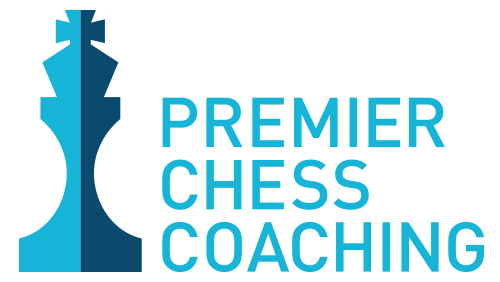With exams approaching, many students are feeling the pressure to perform their best. During this critical time, activities that promote focus, discipline, and mental clarity can be a game-changer. Chess, known for its strategic depth and mental benefits, is more than just a game—it’s an excellent tool for enhancing academic performance. Here’s how playing chess can help students develop skills that support their academic success, especially during exam season.
1. Enhances Concentration and Focus
Chess requires players to focus intensely, blocking out distractions to analyse each move and anticipate their opponent’s strategy. This level of concentration is essential during exams, where students must focus for extended periods.
- How It Helps: Regular practice in chess clubs helps students build a habit of sustained focus. By learning to concentrate deeply on the board, students become better at maintaining focus on their studies, which is crucial for exams.
- Real-World Impact: Studies show that students who play chess regularly often demonstrate higher attention spans, which leads to improved performance in subjects like maths and science that demand focus and accuracy.
2. Improves Memory Retention
Chess challenges the mind to remember complex positions, openings, and strategies. This mental exercise is ideal for students preparing for exams, as it strengthens their ability to retain and recall information.
- How It Helps: In chess, players must remember previous moves and consider future possibilities, building memory and recall skills. This translates well to exam preparation, where students need to remember facts, formulas, and concepts across various subjects.
- Real-World Impact: Research has found that chess improves both short-term and long-term memory, helping students retain academic information more effectively.
3. Boosts Problem-Solving Skills
At its core, chess is a game of problem-solving. Each move presents new challenges, and players must think critically and analytically to outsmart their opponents. These problem-solving skills are incredibly valuable during exams.
- How It Helps: By regularly facing complex situations on the board, students develop a step-by-step approach to problem-solving that they can apply to academic subjects, especially in logic-based subjects like maths and physics.
- Real-World Impact: The structured thinking required in chess encourages students to tackle exam questions with a clear, methodical approach, increasing their ability to navigate difficult problems.
4. Teaches Patience and Emotional Control
Chess is a game of patience; rushing can lead to mistakes. During exam season, managing stress and staying calm under pressure are essential skills, and chess helps students cultivate these traits.
- How It Helps: In chess, students learn to think before they act, controlling impulses that could lead to errors. This patience and emotional resilience can help students during exams, where they need to stay composed and think carefully about each answer.
- Real-World Impact: Studies have shown that students who play chess are better at managing stress, as they learn to view mistakes as part of the learning process rather than as failures.
5. Encourages Strategic Planning
Chess requires players to think several moves ahead, anticipating potential outcomes and adapting their strategies. This type of forward-thinking and planning is especially useful for students managing their time and workload during exams.
- How It Helps: The habit of planning moves in chess encourages students to apply a similar approach to their studies—setting goals, creating study plans, and managing their time effectively.
- Real-World Impact: Strategic thinking skills gained through chess allow students to prioritise tasks, avoid last-minute cramming, and maintain a balanced approach to studying.
6. Promotes Mental Resilience
Chess teaches students to learn from their mistakes, developing resilience and a growth mindset. This mental strength is invaluable during exams, where setbacks or challenging questions are common.
- How It Helps: In chess, players are constantly learning from their losses and refining their strategies. This fosters a growth mindset, helping students see exams as an opportunity for improvement rather than as a source of anxiety.
- Real-World Impact: Students who develop resilience through chess are more likely to bounce back from mistakes in exams and continue working hard, which can positively affect their overall performance.
Conclusion
Chess is much more than a game—it’s a tool for developing skills that directly support academic performance. During exam season, chess can help students build focus, strengthen memory, and cultivate a calm, resilient mindset that’s essential for success. For schools, encouraging chess as part of students’ routines can yield tremendous benefits, helping them approach exams with confidence and a clear mind.
If you’re interested in incorporating chess into your school’s extracurricular offerings, contact us to learn more about our coaching programmes. We’re here to help students unlock their full potential on and off the board.


